US to China and Back Again
Updated: 2016-08-26 12:05
By Hong Xiao(China Daily USA)
|
||||||||
"We try to help them embrace their identity, appreciate how hard their parents work, appreciate that their parents did not want to give them but they had no choice," she said
And now that they have you back, they are still sacrificing, which doesn't mean they don't love you."
Chen said that being a satellite baby has put a strain on his relationship with his parents, but that it also has made him more independent.
"It made me understand why my parents did what they did when I was younger, in terms of working hard and sending me to China as a satellite baby," he said.
Stephen Chen, associate professor at Wellesley College, Leslie Wang from UMass Boston, and Cindy Liu at the Beth Israel Deaconess Medical Center in Boston, are conducting a study that examines the stress, health and well-being of families with satellite babies.
They began researching the topic in early 2014, and started interviews in July 2015 with parents in the Boston Chinatown area who sent their children back to China.
They interviewed 30 parents - 29 mothers and one father. Twenty-seven of them sent their children back to China for childcare, and three strongly considered doing so.
The interviews explored the parents' motivations for sending their children back, the experience of separation and reunion, their thoughts on the long-term consequences of separation and advice they had for other parents.
The interviews showed that common difficulties for children in their reunion with parents in the US after prolonged separation include being confused about the situation; missing their primary caregivers in China; adjusting to parents who have a different parenting style than their relatives; and adjusting to new siblings and different food, language and educational environments.
Parents in the study reported that more difficulties arose with longer separations. Many regretted missing their child's early stages of development and felt that their relationship was more distant than with other children who were not sent back to China.
When their children returned to the US, parents had to adjust their schedules to meet the child's needs, with many mothers stopping work to care for them; feeling the need to correct "bad habits" that the children learned in China; and attempting to establish an intimate emotional bond with their children after a long time spent apart.
Most parents in the sample couldn't discuss the separation or reunion beforehand with their children because often the separations occurred during infancy.
To help overcome the difficulties of reunion, the researchers recommended that it's important to consider that the child is separated from primary caregivers twice: first from parents and then from relatives/grandparents.
In situations where a child will reunite with parents soon, the researchers said it may help if both the parents and grandparents prepare the child for the impending transition by giving the child a sense of what to expect and engaging them in an honest dialogue about the reunion.
According to the researchers, their sample is specific to families in the Boston Chinatown area, and it may differ compared to other regions of the US. They are gathering data from families outside of the Boston Chinatown area.
- Bolivian deputy interior minister killed by miners: report
- In photos: Great Dorset Steam Fair 2016
- Historical towns before and after Italy's earthquake
- Car bomb kills at least eight at police headquarters in Turkey
- Brazil's Senate begins Rousseff's impeachment trial
- Arts festival aims to unite cultures
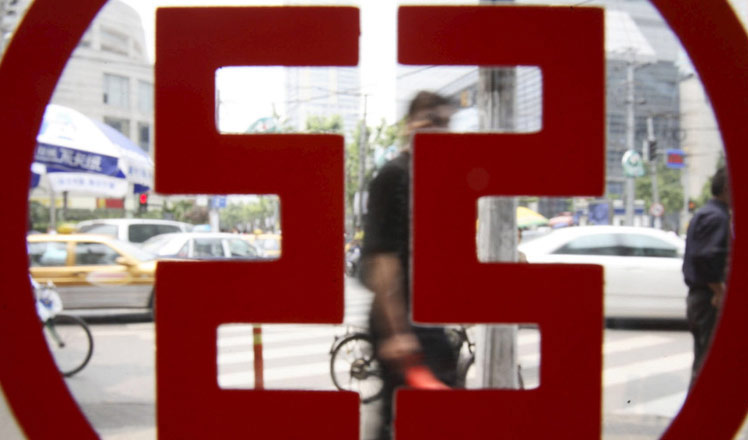
 World's top 10 largest banks by assets
World's top 10 largest banks by assets
 Sand sculptures to welcome the G20 Summit
Sand sculptures to welcome the G20 Summit
 Historical towns before and after Italy's earthquake
Historical towns before and after Italy's earthquake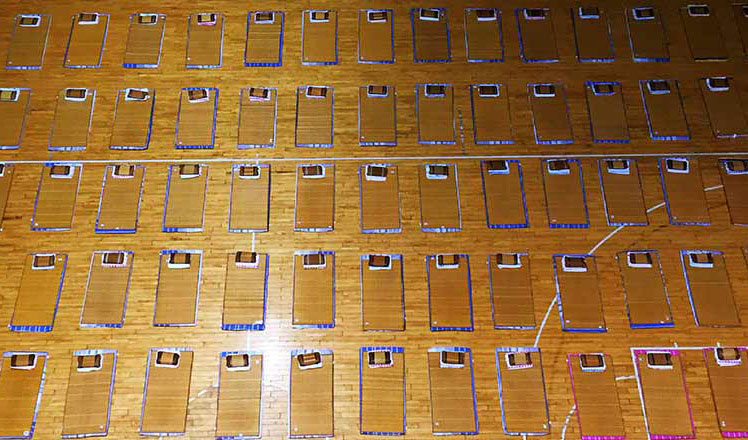
 College prepares 300 sleeping mats for parents
College prepares 300 sleeping mats for parents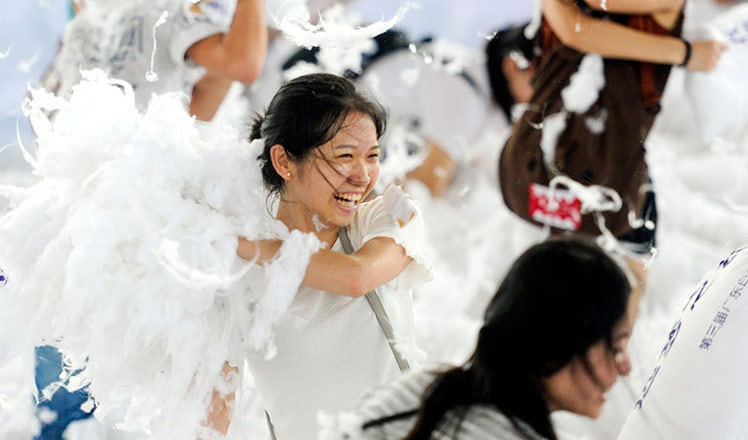
 Ten photos from around China: Aug 19 – 25
Ten photos from around China: Aug 19 – 25
 Top 5 fitness bands in customer satisfaction
Top 5 fitness bands in customer satisfaction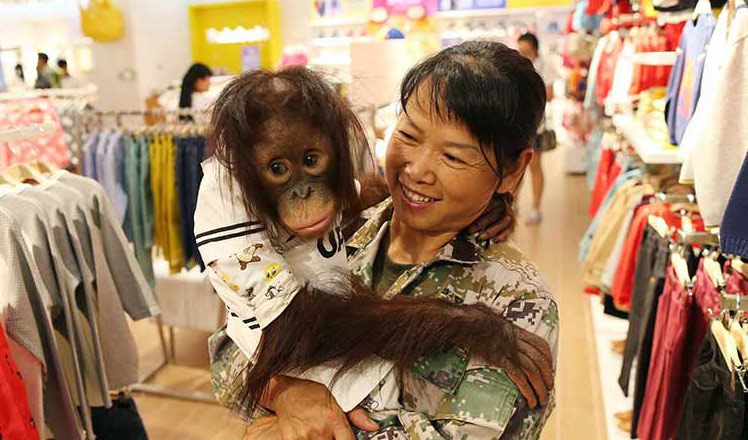
 Orangutan goes shopping in Southwest China
Orangutan goes shopping in Southwest China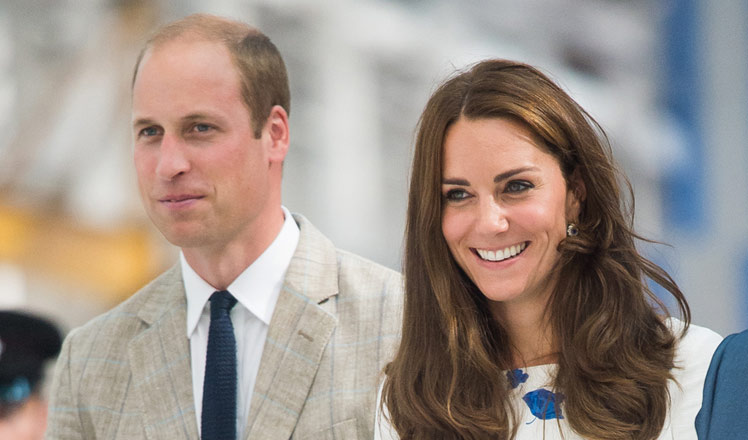
 Prince William and Kate visit charity orgarnization
Prince William and Kate visit charity orgarnization
Most Viewed
Editor's Picks

|

|

|

|

|

|
Today's Top News
Trump outlines anti-terror plan, proposing extreme vetting for immigrants
Phelps puts spotlight on cupping
US launches airstrikes against IS targets in Libya's Sirte
Ministry slams US-Korean THAAD deployment
Two police officers shot at protest in Dallas
Abe's blame game reveals his policies failing to get results
Ending wildlife trafficking must be policy priority in Asia
Effects of supply-side reform take time to be seen
US Weekly

|

|








